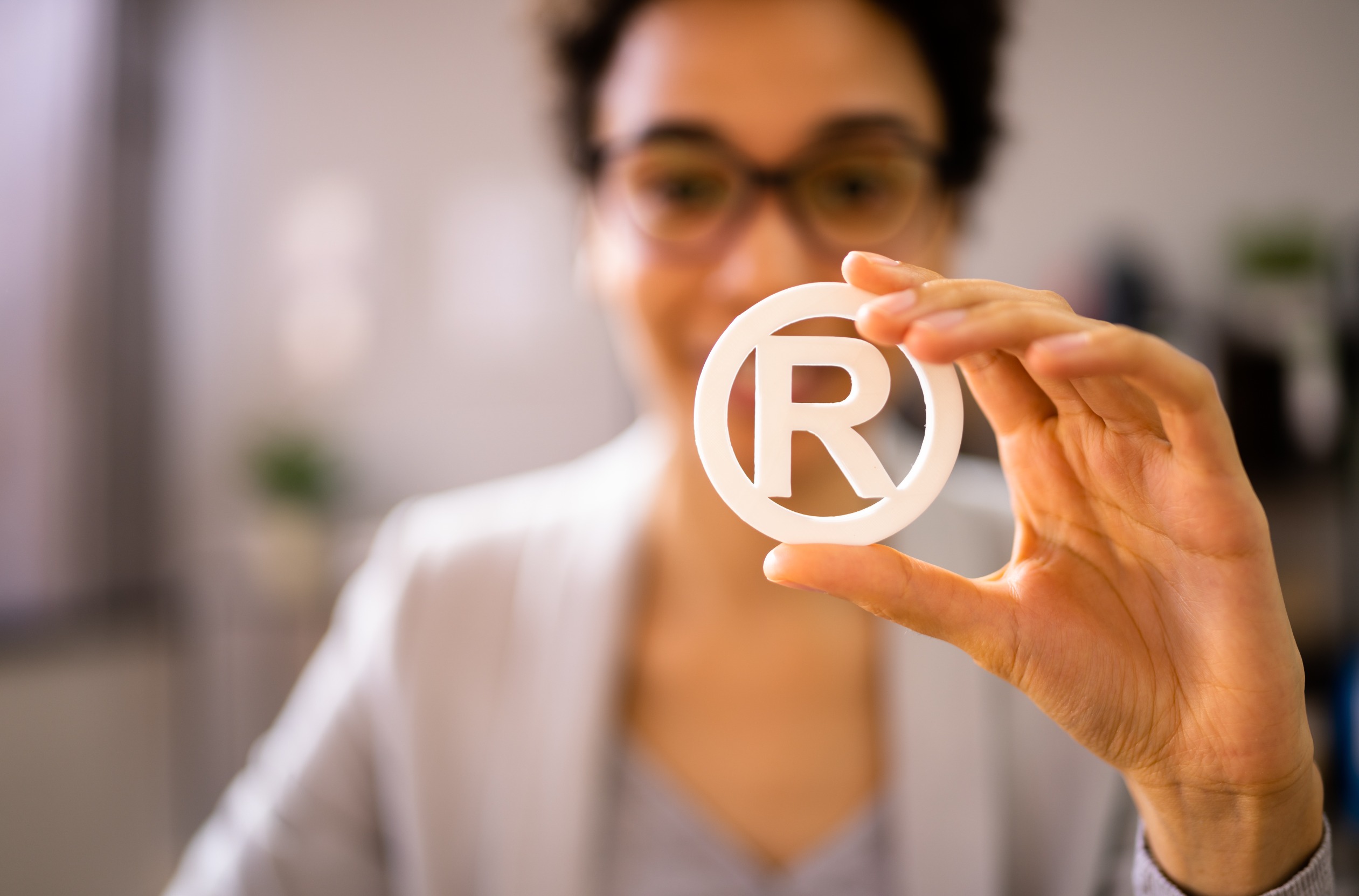What is a copyright?
A copyright is a legal right bestowed by the federal government that shields creators from specific unauthorized actions involving their original creative works. The types of creations eligible for this protection are outlined in the Copyright Act of 1976. Copyright bestows exclusive rights to the owner, including reproduction, derivative works, distribution, public performance, and display.
How do you get copyright protection?
Copyright protection is granted automatically upon the creation and fixation of an original work in a tangible form, such as writing it down or recording it. No formal registration with the U.S. Copyright Office is necessary to secure this protection. However, registering your work with the Copyright Office offers several advantages:
- It establishes a public record of your copyright claim.
- It is a prerequisite for filing an infringement lawsuit in court for works of U.S. origin.
- If registered within certain timeframes, it serves as prima facie evidence of the validity of the copyright in court.
- Early registration allows for the possibility of statutory damages and attorney’s fees in court actions, whereas without registration, only actual damages and profits are available.
- Registration enables the copyright owner to record the registration with the U.S. Customs Service, offering protection against the importation of infringing copies.
How long does a copyright last?
Copyright laws safeguard creative works, but they don’t extend indefinitely. They operate on the principle of limited protection. The U.S. Constitution bestowed Congress with the power to grant copyright for “limited times.” Understanding the duration of copyright is crucial for both creators and users of creative content.
The length of copyright protection varies based on several factors, including the type of work and the year it was created. Generally, for works crafted after January 1, 1978, copyright protection lasts for the author’s life plus 70 years. If jointly created, it’s 70 years after the last author’s death. For anonymous or pseudonymous works, or those made for hire, it’s either 95 years from publication or 120 years from creation, whichever expires first.
For works created before January 1, 1978, the rules regarding copyright duration are more intricate. For those published or registered before 1978, the initial term was 28 years, renewable for another 67 years, totaling 95 years. For pre-1978 works not published or registered by then, the copyright duration mirrors post 1978 creations.
What happens when a copyright expires?
Once copyright protection expires, a work enters the public domain, meaning it is no longer protected by copyright law and can be freely used by anyone without permission from the author or creator. The public domain includes material such as ideas, facts, and works created by the U.S. federal government. While copyright does not protect works in the public domain, other forms of intellectual property rights, such as patents or trademarks, may still apply in certain circumstances. Works in the public domain often serve as inspiration for new creations, adaptations, and derivative works, enriching the cultural landscape.
What can be copyrighted?
Examples of copyrightable works encompass a wide range of creative expressions, including literary works, musical compositions, dramatic works, choreographic works, visual arts, films, sound recordings, and architectural designs. The categories are intentionally broad to encompass various forms of creativity, with certain works falling under unexpected classifications. For instance, computer programs can be registered as “literary works,” while technical drawings may be classified as “graphic works.”
Certain materials are not protected by copyright, such as ideas, processes, short phrases, and symbols. Additionally, copyright doesn’t cover unfixed works or mere listings of ingredients.
Understanding copyright duration and the rights it confers is essential for both creators and users of creative content. It ensures fair use and encourages creativity while respecting intellectual property rights.


